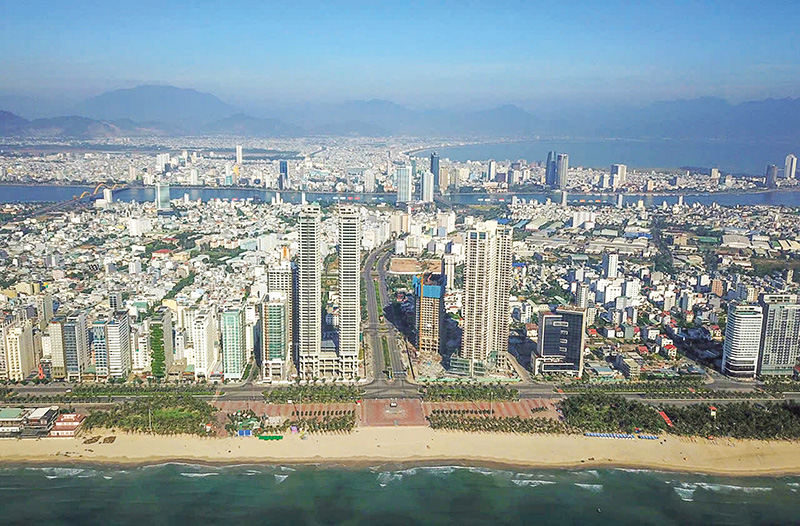 |
| The international financial center located in Ho Chi Minh City and Da Nang City is built on the basis of unified operations, management and supervision. |
Aiming to become a leading international financial center
At the closing session of the 9th Session last weekend, the National Assembly passed a Resolution on the international financial center in Vietnam with a very high consensus.
The resolution clearly states that the international financial center located in Ho Chi Minh City and Da Nang City is built on the basis of unified operations, management and supervision; has a separate product development orientation, promotes the strengths of each city; ensures fairness and mutual support, aiming to become a leading international financial center, raising Vietnam's position in the global financial network, associated with economic growth momentum.
The Resolution also stipulates specific policies for developing an international financial center in Vietnam, focusing on foreign exchange, banking activities, tax incentives, development of capital markets, finance, land, labor, employment, etc., as well as policies for controlled testing of financial services applying technology (fintech) and innovation, and development of various types of markets and commodity exchanges.
Accordingly, investment projects in the international financial center in the assigned priority sector, land lease term is up to 70 years, projects in other sectors, land use term is not more than 50 years. Managers, experts, scientists, highly qualified people working in the international financial center, including Vietnamese and foreigners, are exempted from personal income tax on income from salaries and wages earned from performing work of the international financial center until the end of 2030.
Individuals with income from transferring shares, capital contributions, and capital contribution rights to members of international financial centers are also exempt from personal income tax until the end of 2030.
Foreigners who are important investors, experts, scientists, people with special talents, and senior managers working long-term at agencies and organizations headquartered in international financial centers are considered for permanent residence cards and enjoy favorable policies on procedures for granting permanent residence cards compared to general regulations.
Products provided in the international financial center include the establishment of floors, commodity trading platforms and commodity derivatives; carbon credit trading; cultural and artistic products; rare metals, green financial products, etc.
New investment projects in priority sectors are subject to a corporate income tax rate of 10% for 30 years, corporate income tax exemption for up to 4 years and a 50% reduction in payable tax for the next 9 years. For projects not in priority sectors, the corporate income tax rate is 15% for 15 years, tax exemption for up to 2 years and a 50% reduction in payable tax for the next 4 years...
In addition, the dispute resolution mechanism in business investment is also a key issue when building an international financial center. Accordingly, the parties are allowed to use dispute resolution methods according to Vietnamese law. In addition, the parties can resolve disputes at foreign and international arbitration; international arbitration centers under international financial centers; Vietnamese arbitration and foreign and Vietnamese courts.
Superior policy with risk control mechanism
Reporting to the National Assembly before the delegates voted to approve, Minister Nguyen Van Thang stated that the mechanisms and policies in the Resolution on the international financial center in Vietnam are innovative and competitive, in which tax, land, human resources infrastructure, and insurance policies are superior to those of some other international financial centers.
In addition, some policies are approaching international practices such as management models, language, immigration, accounting, labor, fintech and sandbox. Some other policies have a roadmap for controlled and regulated opening, such as policies on foreign exchange or dispute resolution.
Regarding the basis for establishing a financial center in two cities (the initial proposal was to establish two centers - PV), Minister Nguyen Van Thang reported that through studying international experience and starting from the policy of developing financial centers in a comprehensive and strategic manner, based on the potential and advantages of each locality and the requirements for regional development, balance and harmony, the Government reported and the Politburo agreed on the establishment of a financial center located in two localities, Ho Chi Minh City and Da Nang City, with a clear division of functions and orientation.
According to the Minister, the two cities have focused on preparing work to build, develop and operate the financial center such as arranging human resources, building training programs for highly specialized human resources, management teams, as well as preparing facilities, infrastructure, promoting investment, and contacting strategic and potential investors.
During the discussion sessions, one of the issues that many delegates were concerned about was the risk control mechanism. The Minister of Finance said that in the process of developing the Resolution, the Government was aware of the risks of establishing trading floors and platforms, which also contained some risks of being exploited to legalize illegal cash flows through the purchase and sale of the above products; the risk of speculation, price inflation, and creating asset bubbles...
Accordingly, it is necessary to build a synchronous legal framework; a strict, transparent, systematic monitoring institution, according to international standards to control transactions on the exchange. The Government will continue to study specific regulations to include in the guiding decree.
“Since the Resolution only regulates framework issues and principles, specific contents will be regulated in the decree, so the Government will study and regulate contents related to the mechanism for controlling capital inflow and outflow risks, preventing money laundering, or flexible liquidity management tools in the decree,” Minister Nguyen Van Thang reported to the National Assembly.
In the Resolution on the international financial center in Vietnam, the National Assembly requested the Government to review and report to the National Assembly on the implementation of the Resolution after 5 years of implementation. No later than March 30, 2034, the Government will report to the National Assembly on the results of the implementation of the Resolution and propose the promulgation of a law on financial centers.
Source: https://baodautu.vn/viet-nam-sap-co-trung-tam-tai-chinh-quoc-te-voi-co-che-canh-tranh-d316379.html



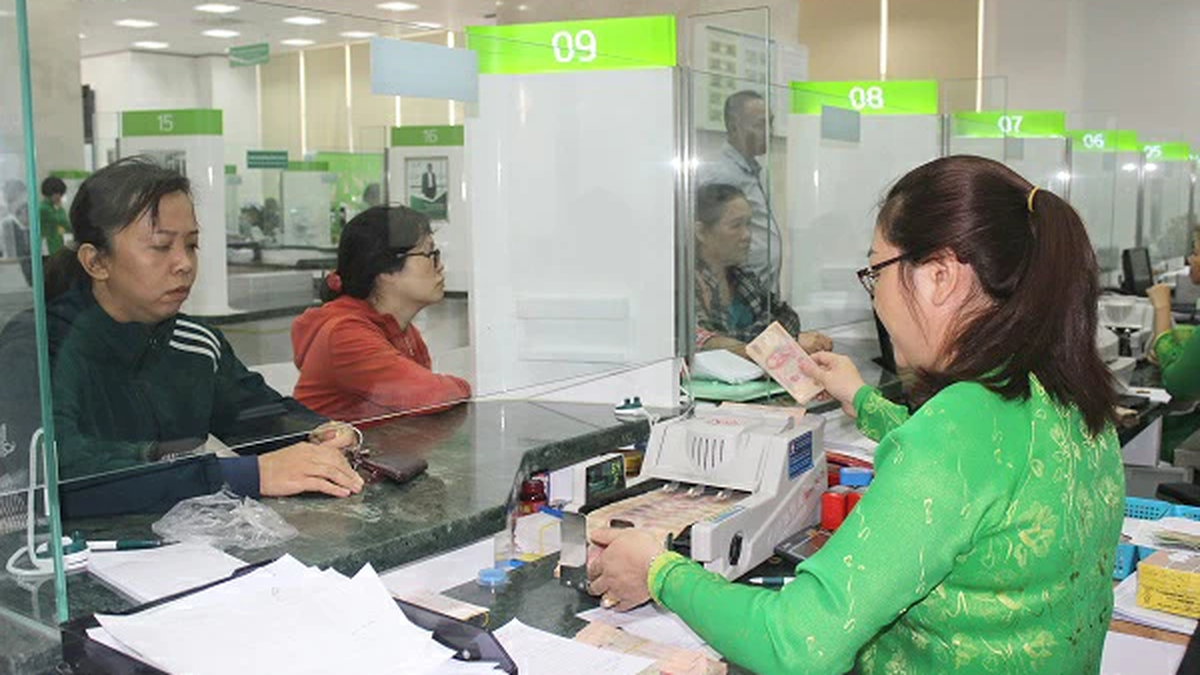



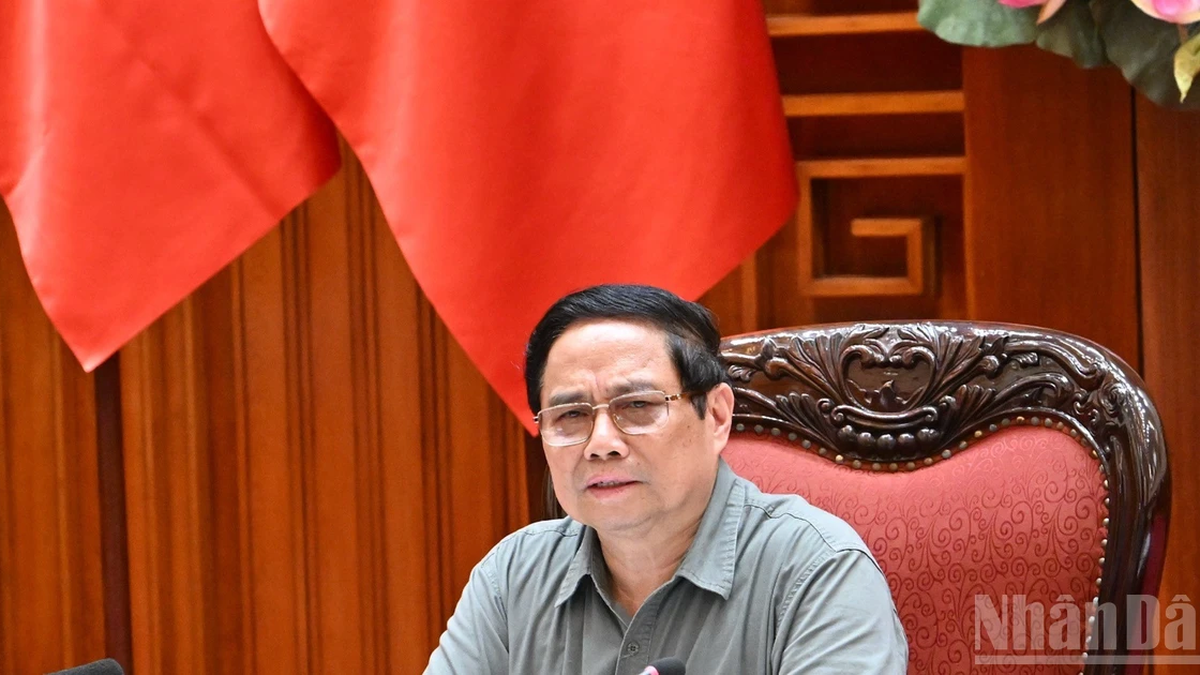
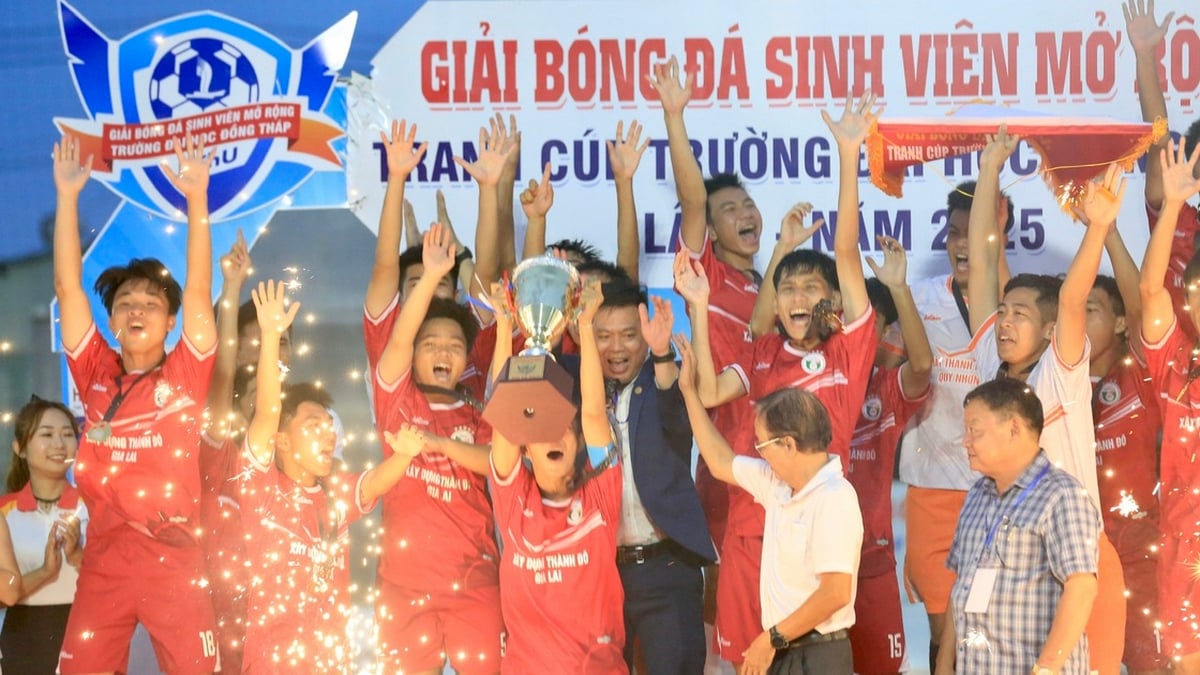


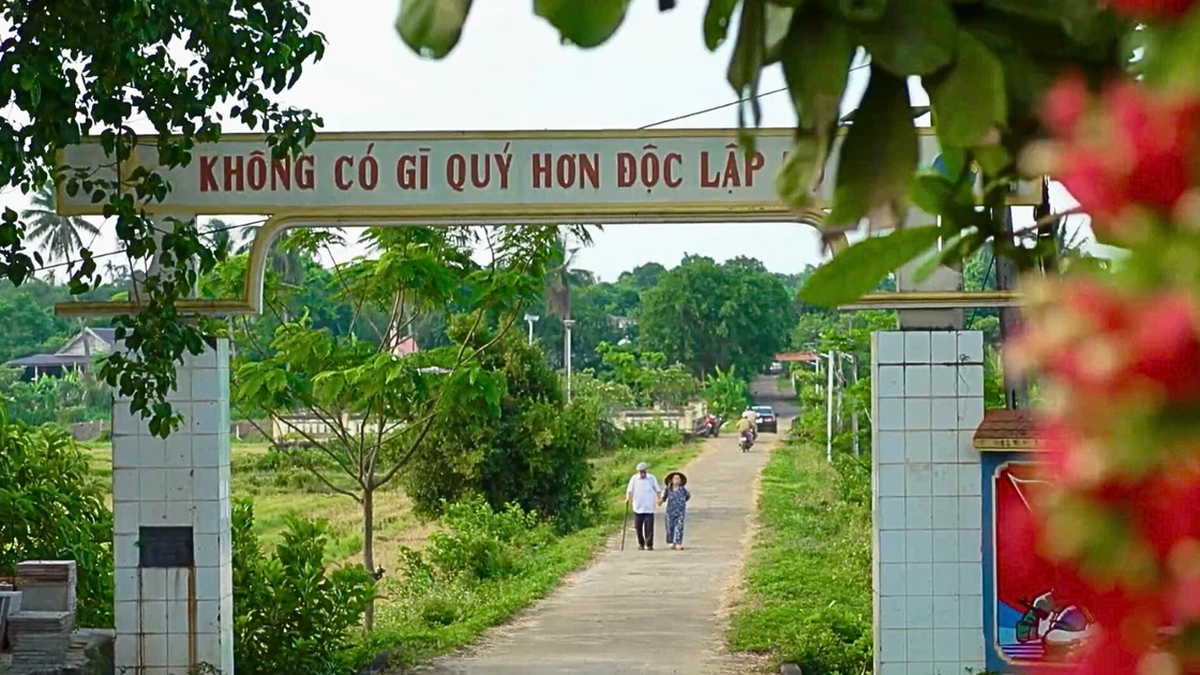























































































Comment (0)